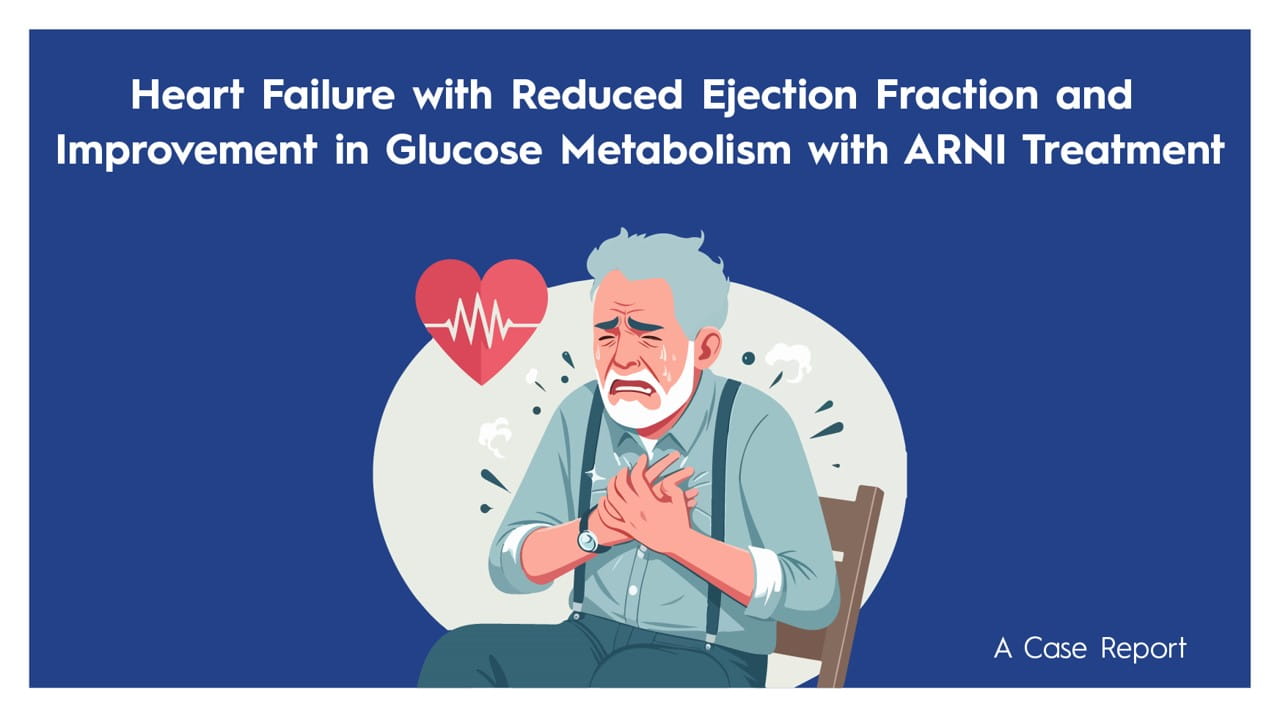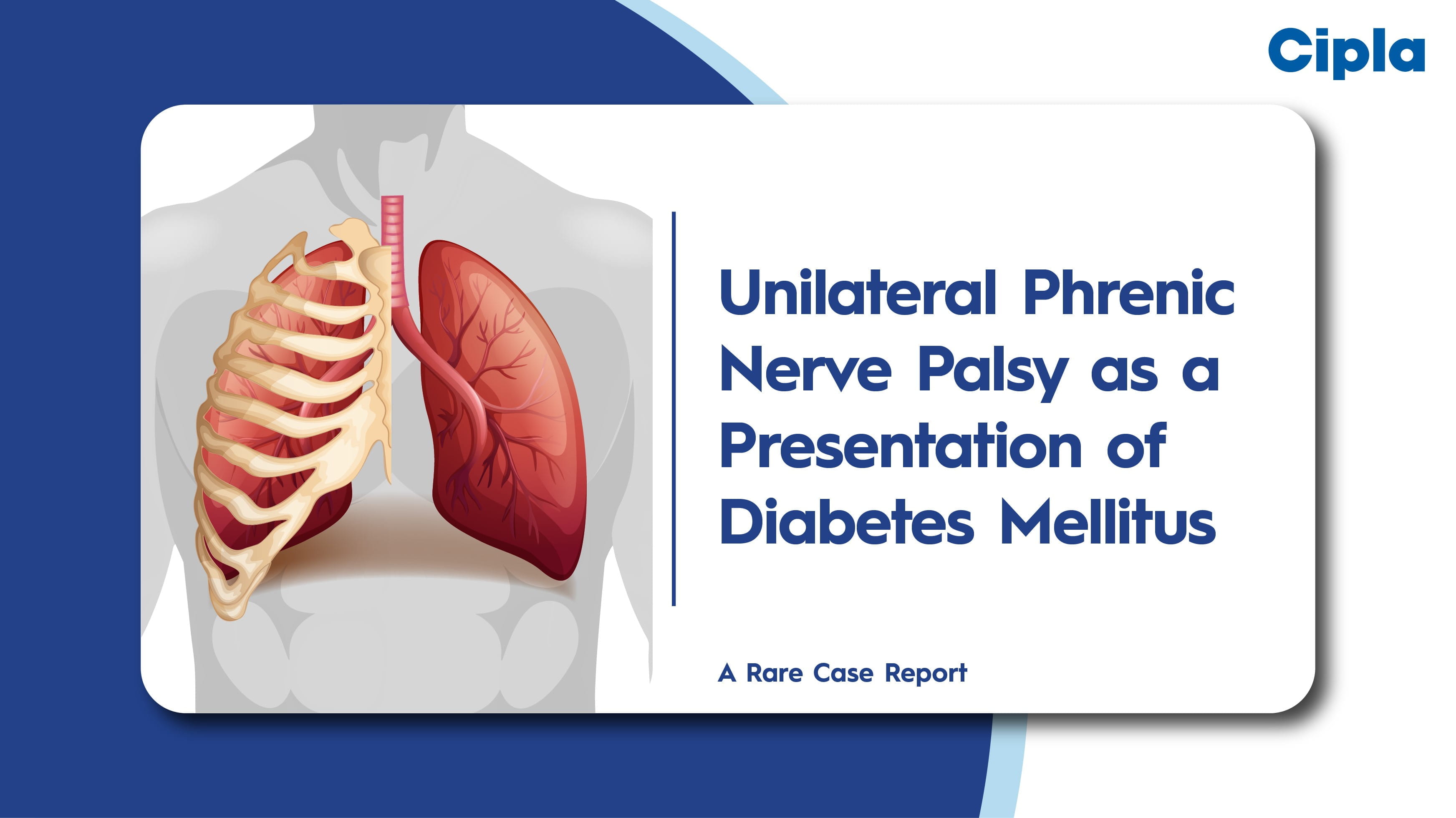Introduction:
Weight regain commonly follows discontinuation of semaglutide due to compensatory biological mechanisms. The role of concurrent lifestyle intervention (LI) in mitigating this effect was examined.
Methods:
A target trial emulation was conducted using an incident new-user design with Veterans Affairs electronic health records from 2019 to 2024. Individuals without diabetes who initiated semaglutide were included. Of these, 2,403 individuals concurrently enrolled in the MOVE! program within 6 months of semaglutide initiation were matched 1:3 to those without LI using high-dimensional propensity score matching. Generalized mixed-effects models were used to assess body weight trajectories from semaglutide initiation to 12 months post-discontinuation.
Results:
Greater weight loss was observed before semaglutide discontinuation in the LI group compared to the non-LI group (-8.3% vs. -7.4%, p<0.001). At 12 months following discontinuation, weight loss remained significantly greater in the LI group (-5.8 ± 0.5%) versus the non-LI group (-3.3 ± 0.3%, p<0.01).
Conclusion:
Concurrent lifestyle intervention was associated with enhanced weight loss during semaglutide treatment and reduced weight regain after discontinuation.
ADA 2025, 20-23 June, Chicago




